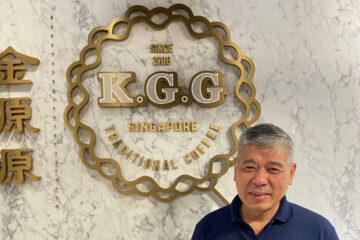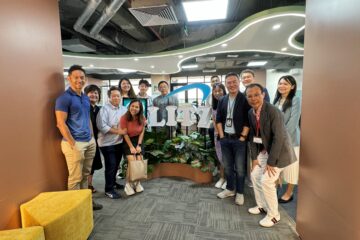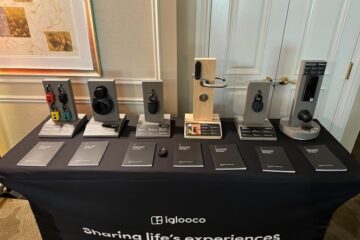
Helping to smoothen supply chains across Africa
Ascent Solutions overcomes challenges in a new market with the help of reliable partners
Looking to expand his company’s operations several years ago, Ascent Solutions CEO Lim Chee Kean identified Africa as a market that might have a great need for the firm’s Internet of Things (IoT) solutions for its global supply chain sector.
Mr Lim realised that goods bound for Africa’s landlocked hinterland region had to be transported by road across borders, with numerous checkpoints to pass through from the coastal ports. This was a time-consuming journey – taking up to two weeks – that could be shortened with technology.
“Tens of thousands of containers had to travel through 15 to 18 checkpoints to be inspected manually each day. Because of the sheer volume of goods passing through, it could take one whole day just to clear one checkpoint,” he explained. “Our technology is able to help the authorities counter a lot of the red tape they were facing.”
In 2012, Ascent entered the African market, offering its patented electronic track and trace system to Tanzanian authorities for their customs clearing functions, drastically reducing the travelling time for cargoes headed inland.
Overcoming challenges
But Ascent’s entry into this new market was not without challenges, from having to deal with a wide range of different cultures and languages to financing issues.
“Africa as a whole is a challenging environment. There are over 50 countries, which are very culturally diverse. We started with the English-speaking nations which used English common law, as we could understand their mode of doing business better,” Mr Lim said.
Ascent also avoids dealing in local currencies, which he deems too volatile. As such, all the company’s projects are priced in US dollars. The firm also insists on partial payments to be made upfront before the start of every project, with the remaining amount to be paid upon completion.
Another challenge for Singapore companies is the time taken to transport people and goods to African countries with limited direct flights. He shared: “It can take five or six days to fly cargo to Ghana for example, so you have to be mindful of the supply chain challenges when operating in Africa.”
To circumvent these issues, Mr Lim advises companies to tap on available resources to assist them in their new ventures. For example, Singapore Business Federation (SBF) frequently organises market-specific seminars and forums for business owners who want to find out more. It also leads trips like overseas market workshops for company representatives to gain first-hand knowledge and insights to countries and regions.
Mr Lim had attended forums organised by SBF that focused on doing business in Africa and African countries. Besides gleaning from speakers who were experts in their field, he also found these sessions useful as a platform for networking and sharing with fellow business leaders.
“Business owners like myself could learn from one another at the forums. From the mutual sharing of experiences, we were better prepared and equipped to manage our own business engagements in Africa,” he said.
Mr Lim also suggests leveraging the in-market resources of Enterprise Singapore (ESG), which has offices in various markets within the region.
“ESG is able to connect you to reliable contacts on the ground. They can help to verify if a company you intend to do business with is credible, look out for government tenders, or educate you on local laws,” said Mr Lim.
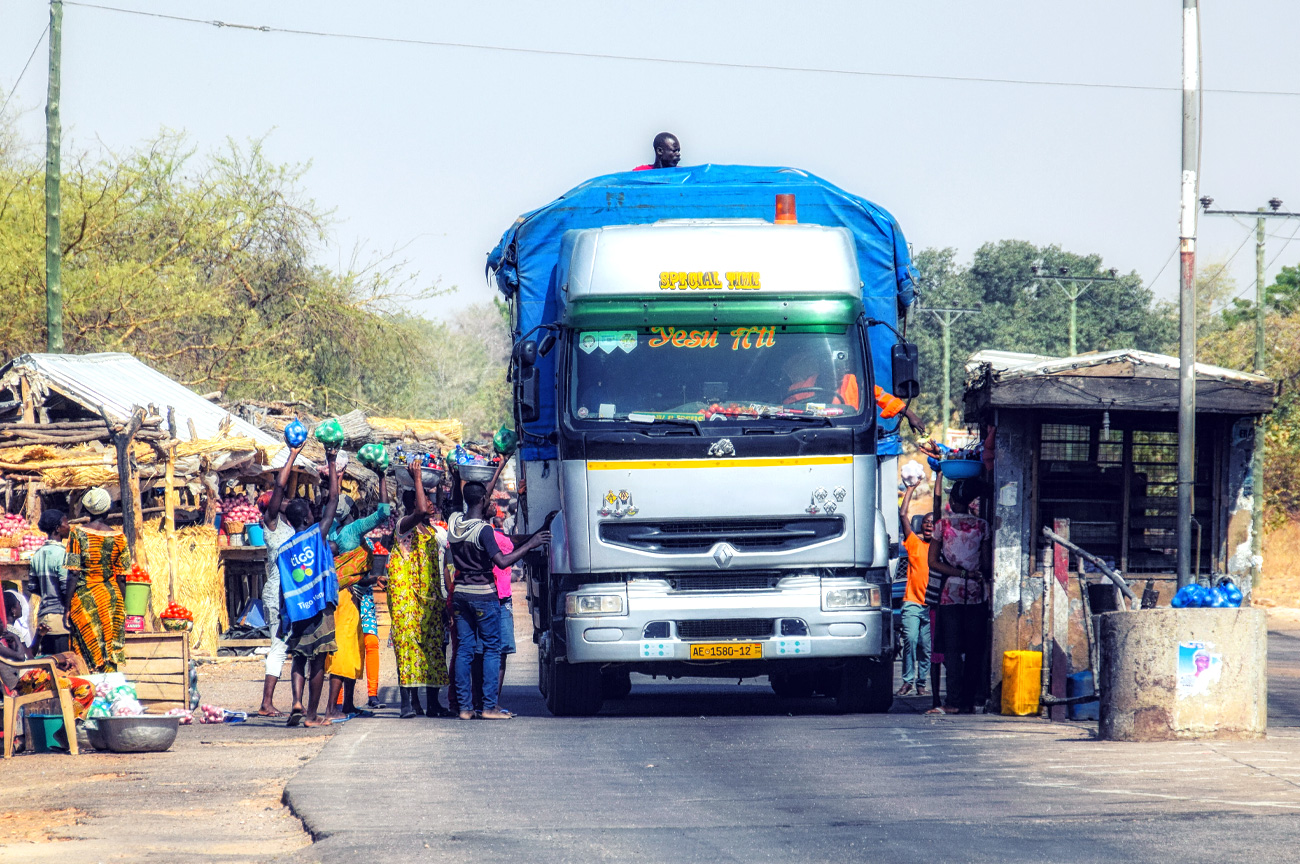
Truck waiting at Kumasi in Ghana
Rapid expansion
Since clinching that first deal in 2012, Ascent has successfully sold its solutions to authorities in five East African nations, including Kenya and Ghana. “We introduced electronic tracking and customs can now track the cargoes along the entire journey. It used to take 15 days to get from Mombasa to Malabar in Kenya, but it now takes just two days,” said Mr Lim.
Africa now contributes over 20 per cent of Ascent’s total revenue. The company’s latest African venture is in Ghana, where the country’s National Petroleum Authority earlier this year implemented Ascent’s monitoring solution to track the delivery of petroleum products.
Jointly deployed by Ascent and its Ghanaian partner, Rock Africa, the system will provide real-time security monitoring of thousands of heavy vehicles that deliver petroleum products from 16 major depots to 4,000 petrol retail outlets nationwide. According to Ascent, the new system will increase transparency and accountability, safeguard asset integrity, and ensure accurate reporting of transport claims.
Outside of the African continent, the firm is also active in Indonesia, Thailand, the Philippines and Kurdistan.
Supply chain financing
Looking ahead, Ascent is exploring the use of its IoT technology to facilitate supply chain financing in Africa. The company’s solutions can be utilised to secure cargoes, enabling them to be used as collateral to obtain financing.
“Borrowing costs can be as high as 20 per cent in some countries like Sudan, as compared to less than 1 per cent in places like Japan. We want to leverage the difference by using inventory as collateral,” Mr Lim explained. “If we can use our technology to guard a warehouse, then a bank should be able to lend us a percentage of the value of the cargo housed inside.”
Ascent also recently filed a patent related to the use of IoT and blockchain technologies to power a trade financing platform for banks. It hopes to roll out the new solution later this year.
Companies who are interested to internationalise for the first time and/or expand into new markets can visit the GlobalConnect@SBF website or contact the team directly at [email protected] for assistance and advice.




